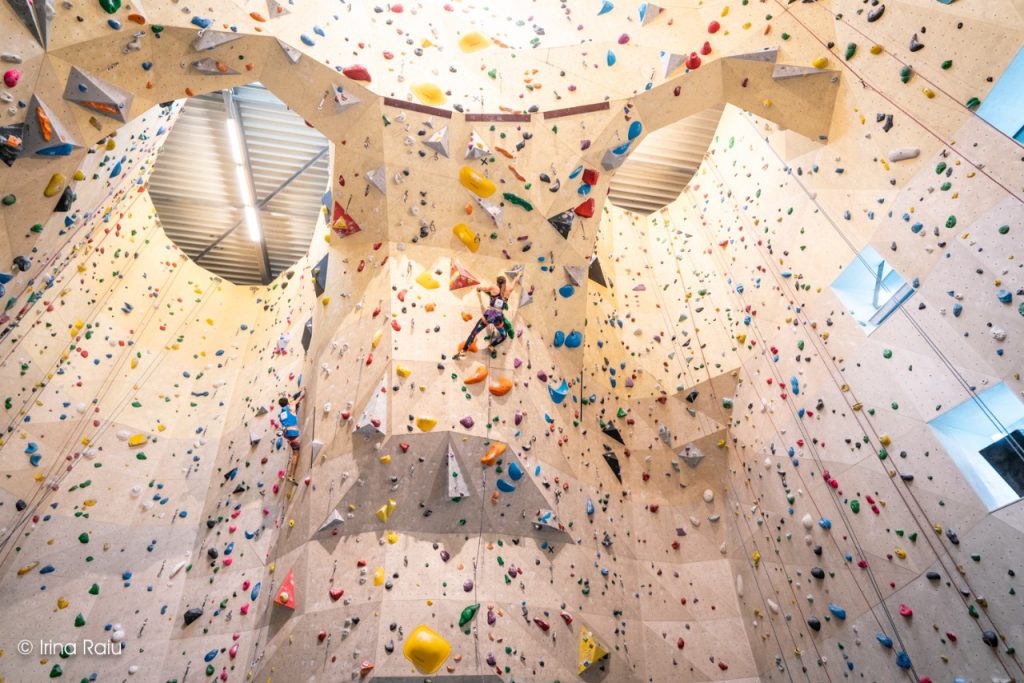Hiking courses present organized learning experiences for individuals desperate to investigate the vertical world. These courses focus on climbers of most degrees, from novices taking their first measures on the wall to professional veterans seeking to improve their skills or undertake new challenges. On average, climbing programs are made and led by skilled instructors who give their information, experience, and passion for hiking to participants.
The curriculum of a hiking class frequently addresses a wide variety of topics essential for safe and enjoyable climbing. Newcomers might understand elementary skills such as attaching troubles, belaying methods, proper equipment consumption, and standard climbing movement. Advanced programs may search into more advanced matters like cause hiking, point building, path reading, and chance management. Sophisticated classes may give attention to particular procedures for different types of climbing, such as for instance trad hiking, activity climbing, or bouldering, in addition to advanced recovery and self-rescue skills.
Hands-on practice is a central element of climbing programs, allowing individuals to utilize what they’ve discovered in a managed environment beneath the advice of instructors. Hiking gyms, outdoor crags, and specific teaching features give the right settings for useful talent development. Individuals receive individualized feedback and instruction from instructors, supporting them improve their practices and construct assurance on the wall.
Beyond technical skills, climbing classes often highlight essential aspects such as for example climbing ethics, environmental stewardship, and risk assessment. Players learn about Leave Number Track principles, responsible outdoor conduct, and the importance of keeping climbing parts for future generations. Furthermore, they get ideas in to the emotional areas of climbing, such as aim placing, overcoming anxiety, and sustaining emphasis and attention throughout demanding climbs.
Several hiking courses also provide possibilities for community building and camaraderie among participants. Climbing is inherently a cultural task, and courses give a loyal environment where climbers may connect, reveal activities, and motivate each other to push their limits. Whether it’s cheering on a fellow climber while they tackle an arduous route or celebrating achievements together at the conclusion of the class, the feeling of camaraderie fosters a solid sense of belonging within the climbing community.
Security is paramount in climbing, and climbing classes prioritize teaching players how to examine and mitigate risks effectively. From proper equipment examination and maintenance to disaster procedures and interaction standards, individuals understand crucial safety techniques that are vital for a secure hiking experience. Instructors impress a tradition of security attention and enable individuals to produce informed conclusions while climbing independently.
Climbing classes frequently offer a pathway for persons enthusiastic about pursuing hiking as a career or becoming qualified instructors themselves. kurs wspinania programs and mentorship opportunities offer future instructors with working out and advice they need to train climbing abilities effortlessly and responsibly. Through a combination of class training, useful knowledge, and mentorship, individuals obtain the data and assurance to lead climbing courses and share their passion for hiking with others.

In summary, climbing courses present useful learning experiences for climbers of most levels, providing a structured pathway for ability development, personal development, and neighborhood engagement. Whether it’s mastering fundamental practices, refining sophisticated skills, or pursuing a lifetime career in climbing instruction, members take advantage of expert training, hands-on training, and a supporting understanding setting that fosters a lifelong passion for climbing.
